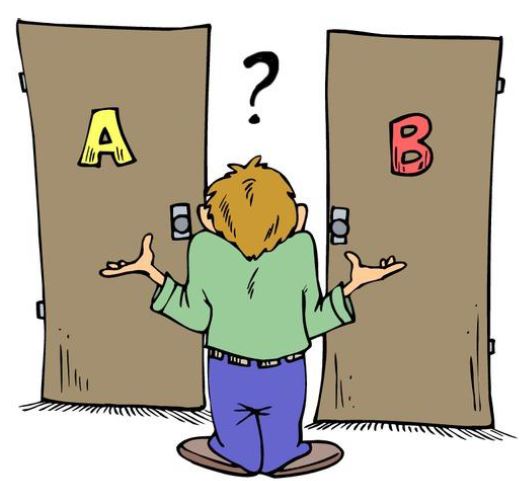
When you get an appraisal back, sometimes you just know the value isn't right, but it can be tough to know where to go from there. If you don't know anything about appraisal, it feels like you just have to settle for what you get. That being said, if you read through a report, there are things you can check to see if the appraisal can be trusted. Here's a couple items to check:
1. Is the subject info accurate? This seems basic, but you'd be surprised at what can be incorrect. Subject info includes:
- Gross Living Area (GLA)
- Property Type (sometimes a home that seems like a condo can actually be attached single residence, etc.)
- Lot Size
- Special items like is it gated? Does it have a pool?
2. Are the comparable sales truly similar? In the most widely used approach to valuation, comparable sales ("comps") are the biggest indicator of value, which means comp selection is very important. In every report, there is a "grid" where the subject and sales comparables are lined up to compare different items. Some things to check:
- Are they close in proximity? This depends on your area. If your location is rural, comparables might be 3-5 miles away. But if you live in a suburban, tract area, they should be within one mile (with some exceptions, of course).
- Are they within 20% of the subject's gross living area? For example, if your house is 1800 SF, the comps should fall between 1440-2160 SF at most.
- What are the date and terms of sale? When possible, comps should be within 90 days of the effective date of the appraisal. If that's not possible, they should be as recent as possible. As far as "terms of sale," arms length sales should be used as much as possible. In areas with little turnover, it might be necessary to use a Short or REO sale, but that should not be the most heavily weighted comp.
3. Are the major elements bracketed? We discussed bracketing here, and its another important element of the sales comparison approach. An easy example of bracketing is GLA. Say a home is 1800 SF, and the appraisal has 3 comparables of 1650 SF, 1500 SF, and 1725 SF. They are all within 20%, but because they are all smaller, the GLA is not bracketed. A better selection would include a home that is larger than the subject as well as smaller (this also applies to lot size). The same goes for amenities like a pool. If a house has a pool, the pool should be bracketed with at least one sales comparable that also has a pool.
These are just a few things that are easily checked, and can make a huge difference in whether you should trust an appraisal. If you're an appraiser, do you have any other items to add? And if you're not, feel free to call us with any questions about a fishy-looking appraisal or appraisal in general!

